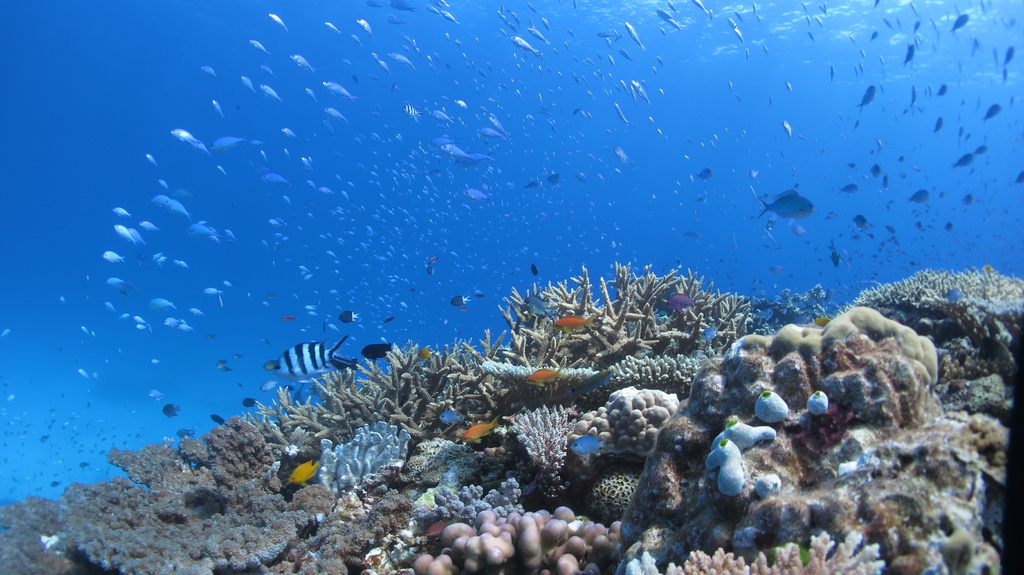A new open access database of microbial genomic data from across the Great Barrier Reef is available via the AODN Portal.
Marine microbes are microscopic single-celled organisms that live in marine environments, and include cellular life forms, such as bacteria, fungi, algae and plankton, and their accompanying viruses. Whilst marine microbes are tiny, they exist in very large numbers and can be found throughout the ocean, from the deepest parts up to the surface layers.
Microbes play a fundamental role in the functioning and stability of coral reefs and are often the first to respond to changes in the environment.
With coral reefs becoming increasingly threatened by localised impacts including declining water quality and pressures from climate change, shifts in the composition and function of microbial communities can provide crucial diagnostic information to the extent of these impacts.
The new open access database, called the Great Barrier Reef Genomics Database, contains microbial metagenomics sequencing reads of seawater collected from 48 reef sites across the Great Barrier Reef. Samples were collected by the Australian Institute of Marine Science (AIMS) across four of their Long-Term Monitoring Program (LTMP) field trips between November 2019-July 2020, combining water chemistry data, LTMP field surveys and microbial metagenomics data.
This database is a major part of the IMOS Great Barrier Reef Microbial Genomic Database project, which is funded by the Department of Environment and Science, Queensland through the Research Infrastructure Co-Investment Fund (RICF), and is operated by Australian Institute of Marine Science (AIMS) in partnership with the University of Queensland.
The project provides the first comprehensive open access repository of microbial DNA sequencing data from the region. With metagenomics sequencing data now available and quality filtered microbial genomes in preparation for release, this database will be invaluable to reef monitoring efforts and the international research community aiming to understand the contributions that microbes make to ecosystem processes on the Great Barrier Reef.
>Access the new database
